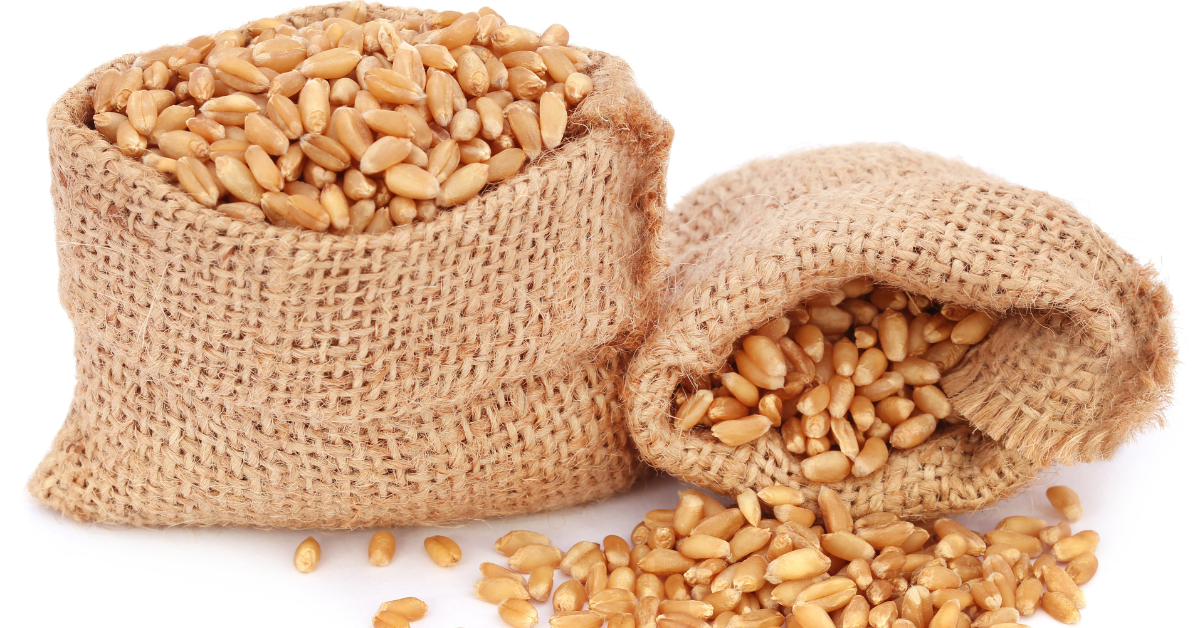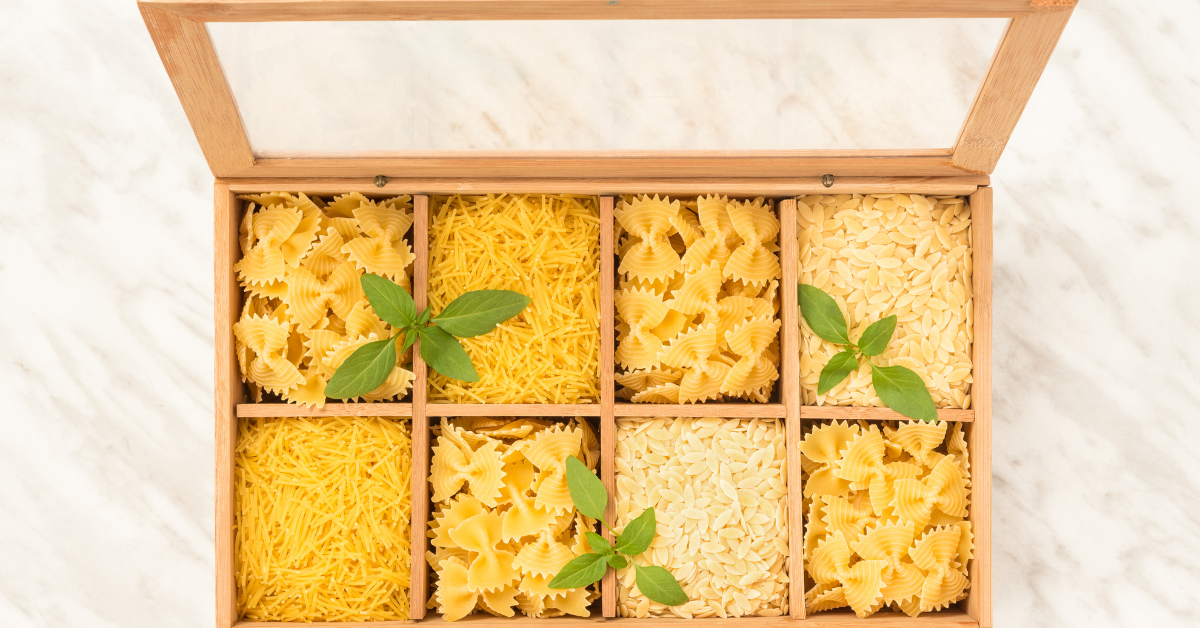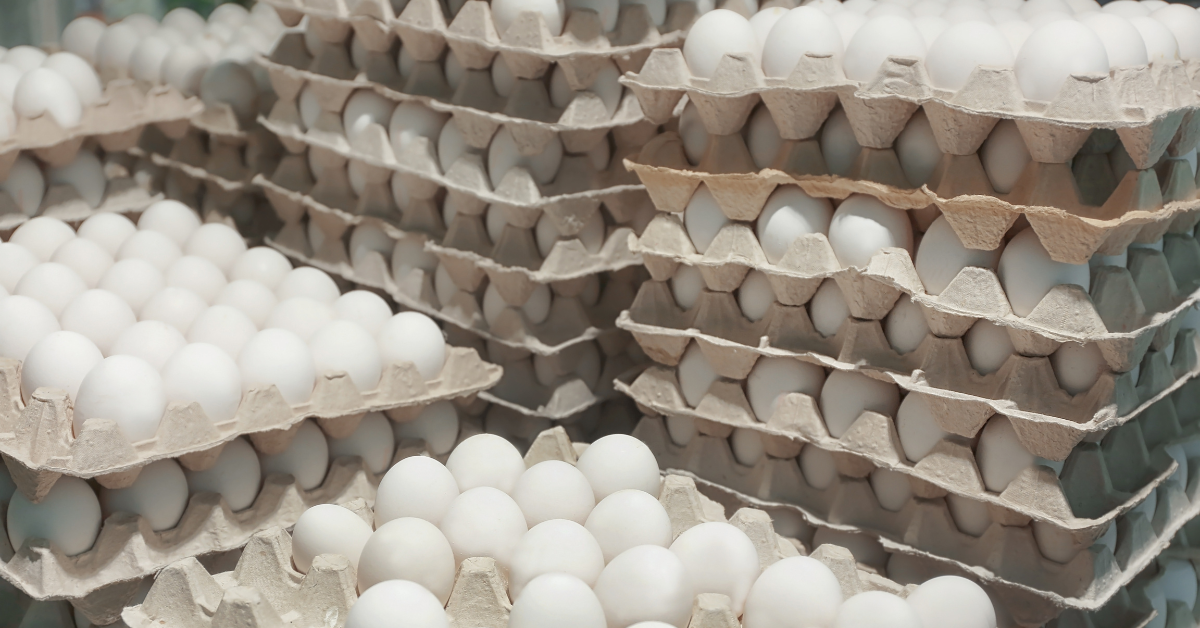We’ve all seen images and heard stories of The Great Depression. We most likely were told about the events by parents or grandparents. In learning about the Great Depression, it’s common to have thoughts like, “I don’t think that would happen to me,” or, “Our country's economy is too strong for that to happen again.”
We appreciate the optimism. We’re right there with you; however, that doesn’t mean we take our current lifestyle for granted. It’s the opposite—we think taking steps to prepare for another Great Depression and stocking up on certain supplies is critical.
If you’re like us, you have already been wondering about how to prepare for a depression and things to stock up on before a depression. Keep reading for our list of 15 things to stock up on before a depression. Keep reading for our list of 15 things to stock up on before a depression.
15 Things to Stock Up on Before a Depression

There is a lot to think about and stockpile if you want to be prepared for another economic depression. Every individual or family will naturally gravitate toward items that work best for them.
With that said, consider our list as a starting point. Then, as you move forward, you can customize your stockpiles so that you are as prepared as possible.
Long-Term Food Storage
Bulk food storage is one of the most essential categories for stockpiling. If we see a depression, it's likely to be caused by a food shortage in 2023. As you begin to stockpile food, you’ll want to focus on three categories:
- Short-term food, like fresh fruits and vegetables, meats, and dairy products.
- Medium-term food, like dried fruits, raw beans and grains, and dried meats.
- Long-term food, like professionally made freeze-dried and dehydrated emergency foods. [product_render product-handle="freeze-dried-meat-6-pack"]
How to Prepare for a Depression: Essential Food Items to Stock Up

Shelf stable foods are foods that don't need to be refrigerated or frozen to stay fresh. These are things like canned goods, dried fruits, nuts, and jerky. They're great to have on hand because they last a long time, so you can always have something to eat even in an emergency or unexpected situation.
Pasta
Pasta is a reliable food staple with an impressive shelf life. It can be cooked in various ways and incorporated into many dishes. The nutritional value you get with pasta is worth the small economic investment.
Rice
Rice is one of the most important staple food items in the world—and for good reason. Rice is budget-friendly, nutritious, and has an extra-long shelf life.
Of the varieties, white rice has the most extended shelf life. When properly stored, white rice can last five years. If frozen, white rice can stay fresh for upwards of 30 years. This makes it a fantastic food to stock up on before a second Great Depression.
Brown rice has a significantly shorter shelf life. This is because it hasn’t been milled and still has its husk. The husk of the rice holds onto oils that can soil more quickly. Therefore, the shelf life for brown rice is only about six months.
Beans
Beans and all types of legumes are a necessity for food storage. When animal proteins become hard to find or too expensive to buy, beans fuel your body with the required protein.
Stockpiling a variety of beans will help mitigate the boredom of relying on beans day after day. Therefore, we recommend having multiple recipes ready to cook your beans.
Popcorn
What is there not to love about popcorn? It’s cheap, nutritious, and a family favorite. We know you cannot survive purely off popcorn; however, it can be the perfect salty snack when your other favorite snacks become too expensive in a depression.
Flour
Flour for baking bread and other baked goods is indispensable for your pantry. With a good stock of flour and other baking necessities like baking powder, you can continue to enjoy bread and other baked goods, even after they are emptied from the grocery store shelves.
How to Get Ready for a Possible Depression: Staple Food Items to Consider

Having a pantry full of food staples is a great place to start, but even those foods might spoil or run out eventually. That’s why you also need a stockpile of freeze-dried and dehydrated foods.
Emergency food buckets filled to the brim with fruits, vegetables, meat, and other delicious foods can keep your family fed for the long run. Professionally prepared and packaged freeze-dried and dehydrated food is designed to last over 25 years!
Canned or Boxed Foods
Animal Protein
During a depression, fresh animal proteins like fish, chicken, pork, and beef may become hard to find or too expensive to purchase…but that doesn’t mean you have to stop eating meat.
We recommend stockpiling a selection of canned meats so you don’t have to miss out on protein. Stockpiling jerky is another great way to keep animal proteins for longer.
Premade Soups, Broths, and Stocks
Can you imagine a world without Campbell’s soup? We cannot.
A prepper pantry is not complete without a variety of canned soups. Premade broths and stocks are also a good idea for making soups and stews more nutritious and flavorful.
Pasta Sauces
If you are stocking pasta, then you ought to have pasta sauce. If left unopened, some pasta sauces can last for years, making them excellent additions to your collection of shelf-stable recipes. Pro tip—if you purchase meat sauces, you can still enjoy hardy protein-packed meals without having to buy the meat separately.
How to Prepare for a Depression: Don't Forget the Condiments

Where would we be without them? We don’t even want to know.
Cooking Oils
When was the last time you cooked or baked anything without oil? If you did so recently, were you eating cardboard?
Oils are vital for cooking. They add delicious flavors, textures, and aromas to our food. We recommend including a variety of your favorite cooking oils in your stockpiles, such as vegetable, canola, coconut, olive, peanut, and avocado oil.
Spices
Survival food doesn’t have to be bland. Spices are the key to cooking meals that taste good day after day. Dried spices hardly ever spoil, and plus, they hardly take up any room at all.
Sauces
We love sauces! We agree with those who believe that food is primarily a vehicle for sauces. Don’t be afraid to keep a stockpile of your favorite sauces, like ketchup or BBQ sauce.
Sweeteners
Let’s be honest—we all have a sweet tooth in us. We recommend keeping a variety of sweeteners stockpiled, like granulated sugars, honey, and syrups.
How to Prepare for Another Great Depression: Essential First Aid Supplies

In an event like economic depression, receiving medical attention may become too expensive, if not impossible. Not to mention that over-the-counter first aid medications and supplies might completely disappear from the shelves.
That is why we recommend stockpiling first aid supplies, prescription medications, and over-the-counter medications so that you can perform first aid, mitigate illnesses, and maybe even save a life. Besides collecting first aid supplies, we recommend signing up for a first aid and CPR training course.
Other Survival Gear to Prepare for a Depression
This sort of list could go on forever. To avoid that, we will offer just ten more important pieces of survival gear that may become handy during an economic depression:
- Hunting and fishing supplies
- Seeds for fruits, vegetables, and herbs
- Water filters
- Multi-tools
- Sewing kit
- Personal defense items
- Flashlights, headlamps, and candles
- Rechargeable batteries and emergency generators
- Solar panels
- Extra clothing
How to Prepare for Another Great Depression: Developing Skills and Knowledge
Apart from stockpiling items, it's essential to invest in your skills and knowledge to become more self-reliant during a depression. Learning how to grow and preserve your own food, repair your home and belongings, and develop basic medical skills can be invaluable. Additionally, building a strong community network can help provide mutual support and resources in times of crisis.**
Other Ways to Prepare for Another Great Depression
Stockpiling food items, first aid supplies, and other survival equipment is a fantastic place to start preparing for a potential economic depression, given likely grocery store shortages. However, there are other important tasks to consider that don’t revolve around stocking up on certain things.
Instead, these tasks revolve around something else that’s very important. You guessed it—money. To prepare for an economic depression, financial experts recommend considering the following items.
- Take stock of your financial priorities: As you prepare for an economic depression, you must ask yourself vital financial questions, such as, “How much cash do I have on hand? How much can I get, if needed? What are my basic living expenses? Do I have any upcoming major life events? What is the status of my debts?”
- Focus on debt repayment: If you predict a loss in income because of an economic depression, your available cash will become even more important to continue paying your debts. Financial experts recommend prioritizing your mortgage or rent, paying your car payment so you can drive to work, and at least paying the minimum on your credit card.
- Consider your career: Economic depressions often result in layoffs. To prepare, you might consider updating your resume, looking for other jobs, and reestablishing vital connections in your professional network. You could also consider where you might continue your education or receive additional training.

- Bolster your emergency funds: Even if an economic depression is looming, financial experts recommend putting as much cash as possible in your emergency funds. To save more money, you can try to avoid extra luxury items or experiences, such as takeout or delivery.
Building a Support System: A Key Aspect of Preparing for a Depression
Another crucial aspect to consider when preparing for a potential depression is establishing a strong support system. This involves building relationships with neighbors, friends, and local community members who can offer assistance, knowledge, and resources in times of crisis. Participating in community groups, attending workshops, and engaging in skill-sharing initiatives can help foster these valuable connections. By working together and pooling resources, a community can become more resilient and better equipped to face the challenges of an economic depression.
Final Thoughts on Stocking Up for a Depression
We hope we never have to live through another Great Depression. However, with the constantly looming threat of recession, and the unpredictability of the global economy, it’s impossible to say for certain that we will not experience another depression. And we want to help make sure you know what to buy before hyperinflation hits, since that's likely to accompany or cause a new depression.
Garnering optimism that our country’s economy will remain healthy is one thing. Nonetheless, it should never take away from the work we are doing to prepare for the unexpected.
For more helpful articles like this one and more answers to questions like, “How much food should I have for an emergency?” or “What is the minimum amount of calories I need to survive?” visit our Practical Prepper Blog.



